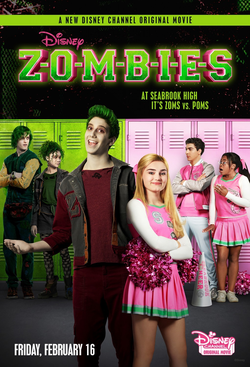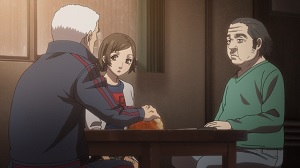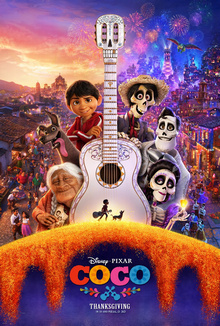MOVIE REVIEW: Zombies
 Zombies is a Disney Channel original musical movie that debuted in February 2018. The story takes place in the “perfect” planned community of Seabrook where everyone fits the 1950s stereotype of a perfect family (and everyone wears pastel pink or pastel blue). Or they all did fit, until a tragic power plant accident turns half the town into brain-eating zombies. But they got better, once the government invented and issued Z-Bands, watches that deliver soothing electrical shocks to the wrists to make them like other people. Zombies returned to a semblance of normal life years ago, though they look different (with green hair and pale white skin) and are forced to wear government issue clothing, and live in the neglected slums. But a recent change to the law has forced Seabrook High to accept zombie students.
Zombies is a Disney Channel original musical movie that debuted in February 2018. The story takes place in the “perfect” planned community of Seabrook where everyone fits the 1950s stereotype of a perfect family (and everyone wears pastel pink or pastel blue). Or they all did fit, until a tragic power plant accident turns half the town into brain-eating zombies. But they got better, once the government invented and issued Z-Bands, watches that deliver soothing electrical shocks to the wrists to make them like other people. Zombies returned to a semblance of normal life years ago, though they look different (with green hair and pale white skin) and are forced to wear government issue clothing, and live in the neglected slums. But a recent change to the law has forced Seabrook High to accept zombie students.


 In Loving Memory of Timmy Steffen
In Loving Memory of Timmy Steffen Coco is the newest adventure/comedy animated film from the ever-popular moviemakers Disney/Pixar, released in November 2017. The movie tells the story of Miguel, a young Mexican boy who is an aspiring musician in a family where music has been forbidden since Miguel’s great-great-grandfather abandoned his family to pursue his music career. Miguel idolizes the legendary musician Ernesto de la Cruz.
Coco is the newest adventure/comedy animated film from the ever-popular moviemakers Disney/Pixar, released in November 2017. The movie tells the story of Miguel, a young Mexican boy who is an aspiring musician in a family where music has been forbidden since Miguel’s great-great-grandfather abandoned his family to pursue his music career. Miguel idolizes the legendary musician Ernesto de la Cruz.